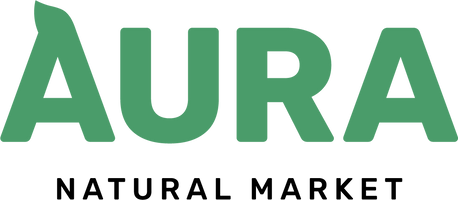No matter how well a workstation is designed, problems may arise if attention is not paid to the way the work is done.
Working at a computer often involves very few changes in body position. This lack of movement can lead to muscle pain and strain.
No matter how well a workstation is designed, problems may arise if attention is not paid to the way the work is done. Working at a computer often involves very few changes in body position. This lack of movement can lead to muscle pain and strain.
|
Interlace your fingers and lift your arms over your head, keeping the elbows straight. Press arms as far back as you can. To stretch your sides, slowly lean to the left and then to the right. |
| |
In a similar way, you can also bring your arms in front of your body, or behind to stretch the shoulder blades and chest. |
| |
Hold your right arm with your left hand just above the elbow. Gently push your elbow toward your left shoulder. Hold stretch for 5 seconds. Repeat with your left arm. |
| |
Grasp your shin. Lift the leg off the floor. Bend forward (curling your back), and reach your nose to your knee. Repeat with the other leg. |
|
Hold one foot off the floor with your leg straight. Alternately flex your ankle (point your toes up) and extend (point your toes down). Repeat with the other leg. |
|
Sit forward on the chair so that your back is not touching the chair's back. Place feet flat on the floor. With a straight leg, lift one foot a few inches off the floor. Hold momentarily, and return your foot to the floor. Repeat with the other leg. |
|
When standing, keep knees slightly bent. Place your hands on your lower back and gently push your hands forward while leaning back slightly. |
|
Sit with one leg across the other. Place your arm or elbow on the outside of the crossed leg. Gently apply pressure, while looking the opposite way. Repeat with the other leg. |
Texts excerpted from the Canadian Centre for Occupational Health and Safety http://www.ccohs.ca/oshanswers/ergonomics/office/stretching.html

